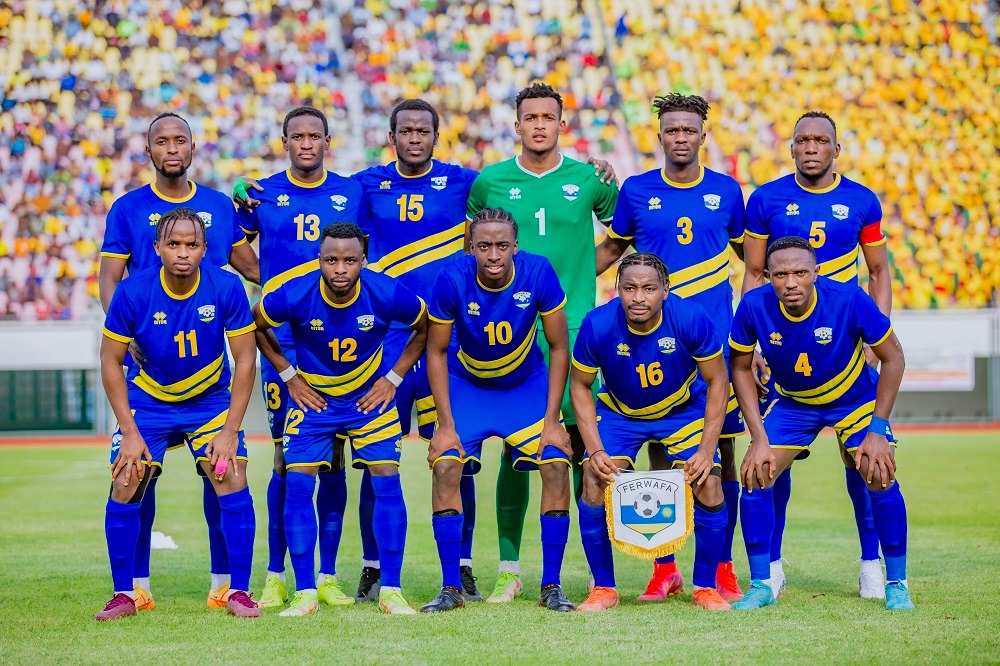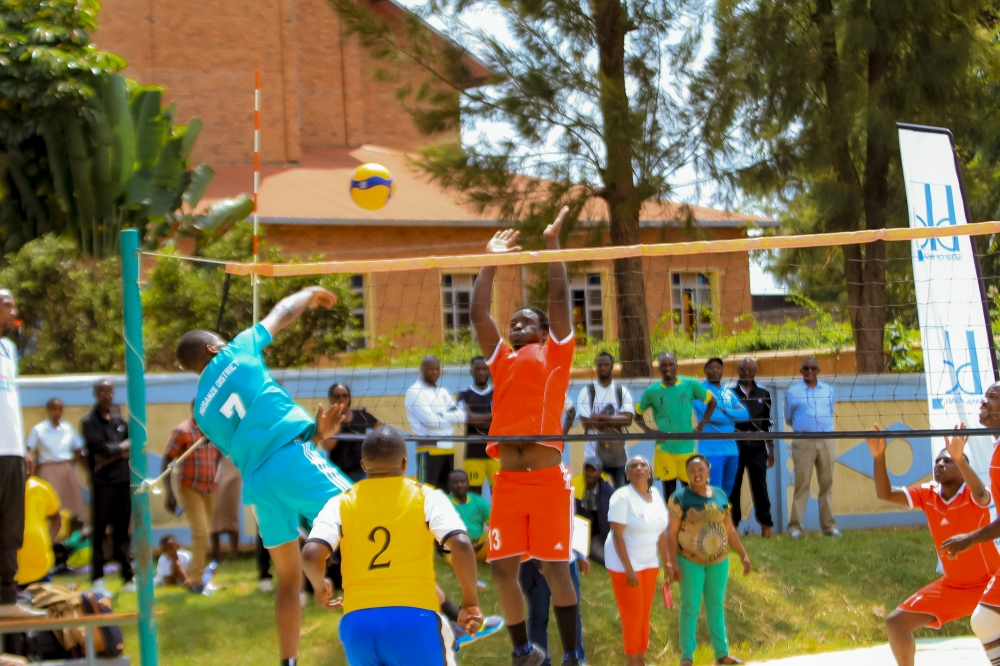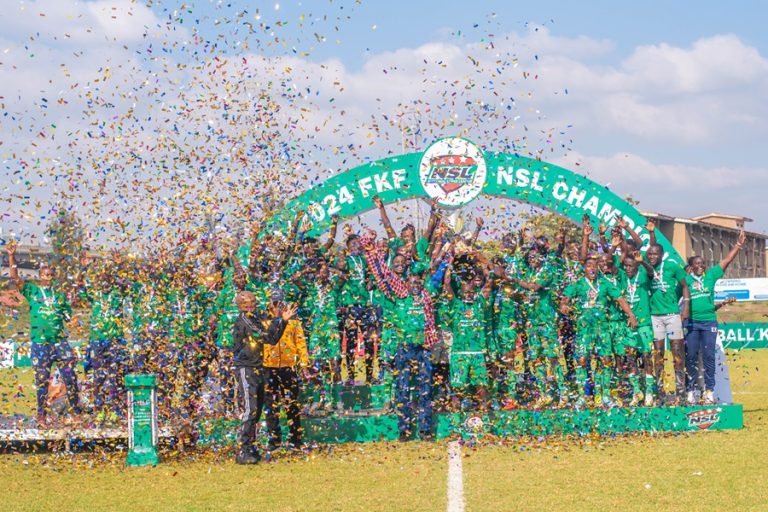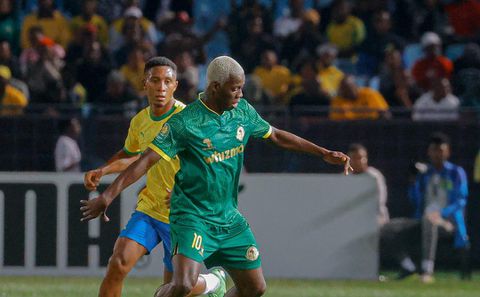Rwanda faces Nigeria and Benin in AFCON 2025 qualifiers.
Group D includes Libya; matches in Morocco await.
Torsten Spittler guides Rwanda’s hopeful return.
48 nations vie for AFCON 2025 qualification.
In a twist of fate, Rwanda, Nigeria, and Benin find themselves grouped together once more, this time for the 2025 African Cup of Nations (AFCON) qualifiers.
Familiar Foes and High Stakes
The AFCON 2025 draw, held on July 4 in Johannesburg, South Africa, has positioned Frank Spittler’s Amavubi Stars alongside Nigeria, Benin, and Libya in Group D. The stakes are high as these teams vie for a spot in the tournament set to take place in Morocco from December 21, 2025, to January 18, 2026.
For Rwanda, the challenge is significant. Their sole participation in AFCON dates back to 2004, and they now face two formidable opponents they are also contending with in the World Cup qualifiers—Nigeria and Benin. This dual competition adds an extra layer of complexity and excitement to their campaign.
The Road to Morocco
The AFCON 2025 qualifiers feature 12 groups, each comprising four teams (Groups A to L). The top two teams from each group will secure their place in the final tournament, with an exception for the host nation’s group. In this group, only the top team will qualify since Morocco, the host nation, automatically earns a spot.
A total of 48 African nations are in the fray, all aiming to clinch a spot in the 35th edition of the continent’s premier football event. Côte d’Ivoire, the reigning champions, will be defending their title, adding to the competitive spirit of the qualifiers.
Rwanda’s Prospects Under Torsten Spittler
German coach Torsten Spittler has been instrumental in Rwanda’s recent performances. Under his guidance, the Amavubi Stars have shown marked improvement. The possibility of returning to the AFCON stage after 21 years is within reach, provided they maintain their current form and momentum.
Rwanda’s campaign will be closely watched, not just because of their challenging group but also due to their parallel fight in the World Cup qualifiers. Competing on two fronts requires strategic planning, resilience, and consistency—qualities that Spittler and his team are striving to embody.
Group Dynamics and Key Contenders
The draw has produced several intriguing groups, each with its unique dynamics:
- Group A: Tunisia, Madagascar, Comoros, Gambia
- Group B: Morocco, Gabon, Central African Republic, Lesotho
- Group C: Egypt, Cape Verde, Mauritania, Botswana
- Group D: Nigeria, Benin, Libya, Rwanda
- Group E: Algeria, Equatorial Guinea, Togo, Liberia
- Group F: Ghana, Angola, Sudan, Niger
- Group G: Côte d’Ivoire, Zambia, Sierra Leone, Chad
- Group H: DR Congo, Guinea, Tanzania, Ethiopia
- Group I: Mali, Mozambique, Guinea-Bissau, Eswatini
- Group J: Cameroon, Namibia, Kenya, Zimbabwe
- Group K: South Africa, Uganda, Congo, South Sudan
- Group L: Senegal, Burkina Faso, Malawi, Burundi





